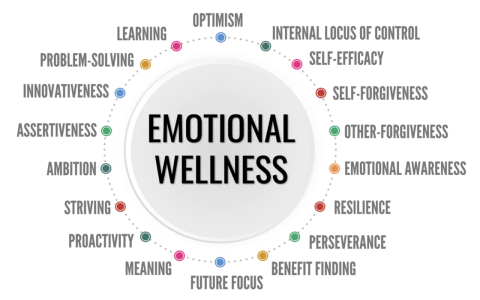Alright, let me tell you about this little thing I put together, this ‘mood news’ idea I was messing with.

It started because, honestly, I was getting tired. You open up any news site, any feed, and it’s just one heavy thing after another. Felt like I needed a break, or at least a different angle. So, I thought, what if I could filter the news based on… well, its mood? Just show me the stuff that isn’t doom and gloom for a change.
Getting Started
First thing, I needed news. Didn’t want to get fancy, so I just looked for some simple news feeds, you know, the RSS kind. Found a few free ones, nothing special. Just needed a list of headlines and maybe a short description.
Then, the tricky part: figuring out the ‘mood’. How does a computer know if news is ‘good’ or ‘bad’? I poked around online. Found some tools, libraries they call them, for Python mostly, that claim to do ‘sentiment analysis’. Sounded complicated, but some looked simpler than others. I grabbed one, I think it was called VADER or something similar, seemed straightforward enough for what I wanted.
Putting it Together
Got my little Python script going. Pretty basic stuff:
- Fetch the news feed.
- Go through each news item.
- Take the headline, maybe the first sentence.
- Feed it to that sentiment library I found.
- The library spits back a score, usually like positive, negative, or neutral.
- I just added a simple check: if the score looked positive enough, print the headline. If not, ignore it.
That was it, really. Nothing groundbreaking. Just a few lines of code hooked together.

How it Went
Did it work? Sort of. It did filter stuff. I ran it, and yeah, it would show me headlines that seemed more positive. Stuff about community projects, sometimes sports wins, maybe some lighter science news.
But, man, sentiment analysis is crude. Really crude. It gets confused easily. Sarcasm? Forget it. Complex sentences? Hit or miss. Sometimes it flagged clearly bad news as neutral or even positive just because of the wording. A headline like “Disaster narrowly averted” might get tagged positive because of “averted”. Not exactly helpful.
And the ‘good’ news it found… well, sometimes it felt a bit bland. Or just not very important compared to the big stuff it was filtering out. After a few tries, the novelty wore off fast.
Why Bother Then?
Looking back, it wasn’t really about creating some amazing news filter. It was more about the doing. Like I said, I was feeling overwhelmed by the constant negative barrage online. Everything felt passive, just scrolling through bad news someone else decided I should see.
Building this simple, flawed thing felt like pushing back a tiny bit. It was a way to engage, to tinker, to try and shape my information intake, even if it didn’t work perfectly. It was a small act of control, maybe? Just messing with code, solving a small problem I set for myself, instead of just consuming. I didn’t use the script for long, but the process of making it? That felt useful in its own way.


